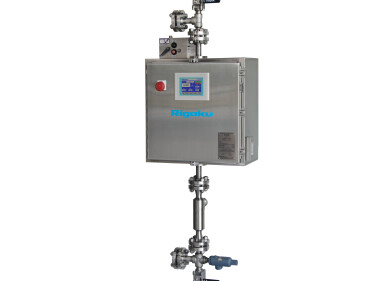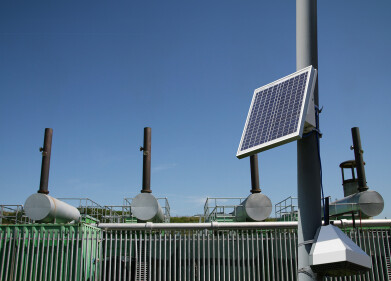Measurement and Testing
Who Has Banned Fracking?
Sep 08 2016
Fracking – hydraulic fracturing – is a way of accessing extra fuel resources like gas and oil from underground. Pressurised fluid is pumped into the ground, creating cracks through which the oil and gas can flow. It’s been protested against in the UK and consequently fracking projects have been halted in Britain. But has it actually been banned anywhere?
Victorian ban
The most recent ban on fracking has come in the state of Victoria, Australia. After over 1,600 submissions opposing fracking, the government announced they would ban all onshore unconventional gas exploration. They’re the first Australian state to take this action, and with evidence of the impact on agriculture jobs as well as the environment, they will be hoping others soon follow.
United States
Despite surveys revealing a large opposition to the process, fracking has been going on in the United States for over 50 years. They have the second highest shale gas reserve in the world, after China. But like Australia, things might be changing. In 2012, Vermont became the first state to prohibit fracking practices. This wasn’t particularly huge news because their gas reserves are actually pretty small anyway. However, the states of New York and Maryland – which have more sizeable resources – have banned fracking more recently.
Elsewhere
In terms of nations, there is a small but growing list of countries that have banned fracking. France’s landmark ban in 2011 has been one of the most significant moments. The government determined that there was a risk of harm coming to those not involved in the process at no fault of their own. Germany, Tunisia, the Netherlands, Bulgaria have since introduced similar bans or moratoriums (temporary bans).
British protests against fracking have been common since 2012, but it is not prohibited across the UK yet. Scotland seem to be leading the way with a moratorium imposed until there is evidence of its safety and the British government has granted this. However, they still seem to set on exploiting the resources in England and Wales.
Complex process
There is far more to fracking than ‘pumping water into the ground’. The pressurised fluid actually has its own complications. It’s one of the environmental concerns because of the amount of water needed and the transportation of it. But it also raises questions of wastewater. How can the wastewater be removed, tested, treated and re-used? ‘The Role of Oil in Water Testing in Unconventional Oil and Gas Operations’ explores the potential problems with water use and re-use in processes like fracking.
Digital Edition
PIN 25.5 Oct/Nov 2024
November 2024
Analytical Instrumentation - Picturing Viscosity – How Can a Viscometer or a Rheometer Benefit You? - Sustainable Grease Formulations: Evaluating Key Performance Parameters and Testing Method...
View all digital editions
Events
Dec 03 2024 Dusseldorf, Germany
Dec 08 2024 Anaheim, CA, USA
Turkey & Black Sea Oil and Gas
Dec 11 2024 Istanbul, Turkey
Dec 19 2024 Aurangabad, India
Jan 20 2025 San Diego, CA, USA



















